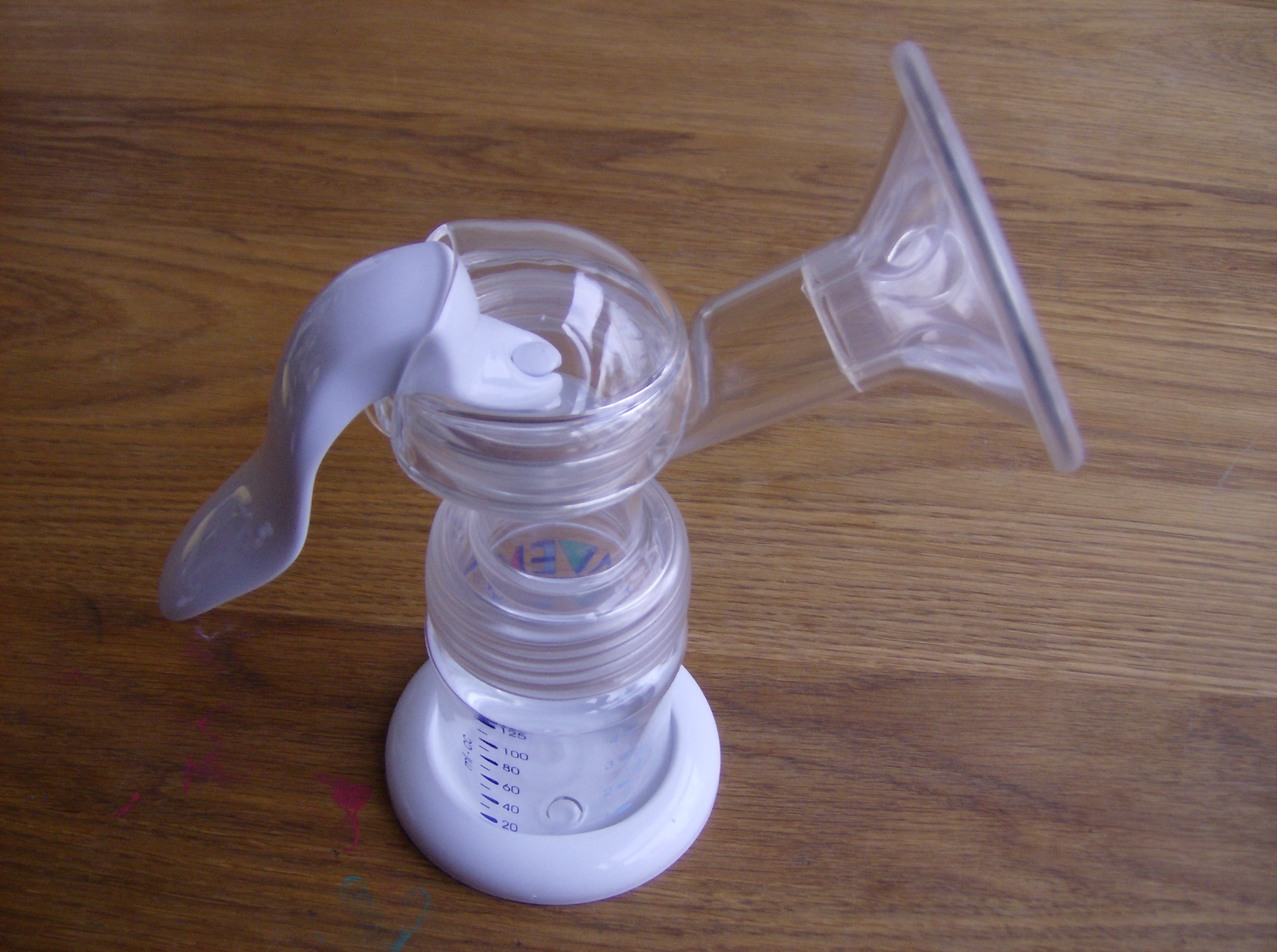One of the most important decisions every new parent needs to make is how to feed their baby. Just as eating is a social and nutritional event for adults, so feeding is crucial not just physically but also psychologically for the newborn and parent. The question of whether breastfeeding or bottle-feeding is the best option is dependent upon the circumstances surrounding each individual family. Your choice should be an informed decision specific to your comfort level, family needs, and medical situation; there is no single “right” answer. In the following sections, we provide information on breastfeeding and bottle-feeding that will help you become more comfortable with your decision.
Breastfeeding
A number of health organizations, including the American Academy of Pediatrics and the World Health Organization, recommend breastfeeding as the best nutritional choice for babies. For example, the American Academy of Pediatrics recommends that babies be breastfed exclusively for the first sixth months and encourages breastfeeding up to twelve months or longer than twelve months if possible.

Breast milk has many benefits. It is always available, clean, and sterile. The process of breastfeeding emotionally fulfills the baby’s need for warmth, cuddling, and face-to-face interactions with caregivers. Moreover, it is naturally the easiest food for a baby to digest, and is an invaluable source of nutrition for your baby: so special that science is still striving to this day to match its many thousand ingredients! One example is the benefits of breast milk for the baby’s immune system. At birth, a baby’s immune system is not fully developed. Consuming the mother’s breast milk will transfer to the baby a variety of antibodies that the mother has developed in response to past infections or immunizations. These antibodies will remain in your baby’s body for several months, protecting the baby from certain diseases in the first few weeks of life. Eventually, they will disappear and be replaced by the baby’s own early active antibodies, which provide permanent protection.
Breastfeeding is not always easy, and just because you find it difficult does not necessarily mean that you are doing it wrong. The first two weeks of breastfeeding are often the toughest! You might sleep very little, or you might feel anxious that your baby is not gaining enough weight. You might have problems ranging from engorgement and low milk supply, to poor latching. Often, these difficulties will smooth out over time. If they persist, consider contacting your doctor for more advice.
Bottle-feeding

There are many good reasons why you might choose to bottle-feed your baby. A mother infected with HIV, for example, should not breastfeed to avoid passing the virus to the baby. A mother may not be available for feeding throughout the day and night, or may have difficulty producing enough milk for the baby. In all of these cases, formula is a nutritionally sound alternative or supplement. Infant formulas have been improving over time to match the nutrient proportions of human milk. When bottle-feeding your infant, you should take care to determine which baby formulas have the best nutrient compositions for your baby, and consult your physician if necessary. Remember that just like with breastfeeding, bottle-feeding your baby gives you many opportunties to hold your child close and to form both a physical and psychological bond with your baby.
If you wish to combine some of the advantages of breastfeeding and bottle-feeding, you might consider a breast pump. A breast pump is a mechanical device that can extract breast milk, so that breast milk rather than a formula can be later bottle-fed to infants. This might prove useful, for example, when you return to work and are not available. A breast pump could be a great alternative that allows the infant to have all the nutritional benefits of your breast milk while still being bottle-fed.

Conclusion
When feeding your child, it is important to know that you are nourishing your child not just physically but also emotionally and psychologically. Many new mothers express concern that bottle-feeding their baby will not allow them to bond with their child as much as breastfeeding. But feeding, no matter the method, is an ideal time to strengthen your connection with your child. Weighing the advantages and disadvantages of breastfeeding and bottle-feeding will help you arrive at the best choice for you and your child. If you have additional questions, it may be helpful to consult with your obstetrician, who can provide you with advice tailored to your baby and your specific circumstances.
Supplementary Material
For additional information and resources, take a look at the following.
1. For a more detailed table comparing the advantages and disadvantages of breastfeeding versus bottlefeeding, visit this page by the American Pregnancy Association. PregnancyChat on Youtube covers the same topic in the video below.
2. As a mother, you might have had high expectations for the intimacy and bonding that arises from breastfeeding your child. Don’t feel discouraged, then, if you’ve tried to breastfeed your child and have found it more difficult than you expected. Breastfeeding can be difficult, especially in the first few weeks. Check out this page by the English National Health Service for advice on common breastfeeding problems such as not having enough breast milk.
3. Did you know that there are even phone applications for breastfeeding? For example, Baby Nursing is an iOS app that allows you to track your baby’s nursing progress, growth, diaper changes, and more. See this article for a perspective on some of the most useful breastfeeding apps on the market! You’ll find everything ranging from Pump Log, which tracks your breast pumping schedule for you, to latchME, which will connect you to resources and a community of healthcare providers and mothers that will help guide you through any breastfeeding challenges you might encounter.

4. If you choose to formula feed your child, it is important to be proactive about what you are feeding your child — it will nourish the rapid growth in your baby, in the first few months of life! Check out these tips on WebMD about advice on formula feeding and choosing the best formula to suit your child’s needs. Here is another WedMD resource that details some considerations for choosing baby formula.
5. The Mayo Clinic offers an extensive list of tips for breastfeeding that you may not have otherwise considered; check it out!
References
Bartok, C. J. (2011). Babies fed breastmilk by breast versus by bottle: a pilot study evaluating early growth patterns. Breastfeeding Medicine, 6(3), 117-124.
Chirico, G., Marzollo, R., Cortinovis, S., Fonte, C., & Gasparoni, A. (2008). Anti-infective properties of human milk. The Journal of nutrition, 138(9), 1801S-1806S.
Jeurink, P. V., Van Bergenhenegouwen, J., Jimenez, E., Knippels, L. M. J., Fernández, L., Garssen, J., … & Martin, R. (2012). Human milk: a source of more life than we imagine. Beneficial microbes, 4(1), 17-30.
Mayes, L. C. & Cohen, D. J. (2002). The Yale Child Study Center Guide to Understanding Your Child: Healthy Development from Birth to Adolescence. Boston: Little, Brown, and Company.